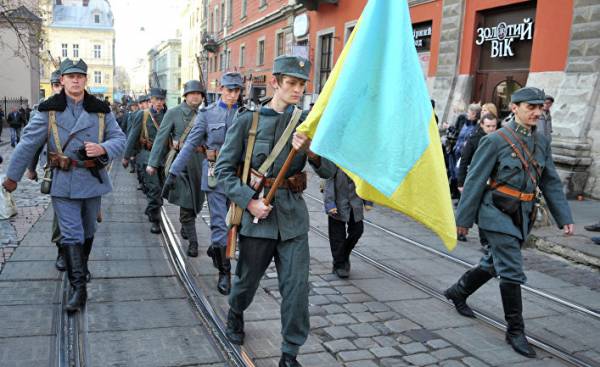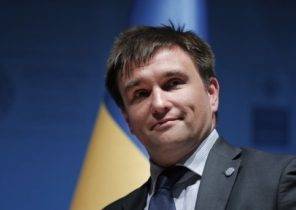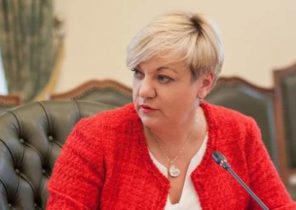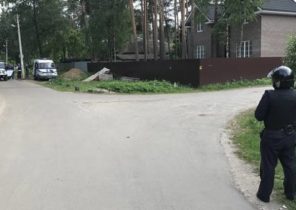
What it is: a diplomatic incident or it is a normal reference to Polish history and identity? For several consecutive days, the debate continues around the motifs that appeared in the graphic draft of a new Polish passport, which will release to the hundredth anniversary of the independence of Poland. “The idea is to provide the public the opportunity to vote for new images that will be used in the passport, it seems to me very good. This awakens in society the interest in history, patriotism. Reference to motives related to Eastern Kresy, I support, too,” — said in a conversation with DoRzeczy.pl the priest Tadeusz isakowicz-Zalesky (Tadeusz Isakowicz-Zaleski).
We will remind that the Ministry of internal Affairs and administration is preparing a campaign on the occasion of the hundredth anniversary of the independence of Poland. The Ministry plans to issue a new passport. On his page, put images associated with people, events, characters and places that played the most important role in gaining our country’s independence. The poles can take part in the preparation of a new document by voting for one of 13 reasons. The idea of the Ministry was found, however, with sharp criticism from the Lithuanian and Ukrainian leadership. Why?
One of the illustrations that will appear in the passport, featuring a Cemetery of defenders of Lviv and among the motives for which can vote citizens have the Vilnius gates of dawn. Both places are inextricably linked with Polish history, are now in the territory of other States.
Tadeusz isakowicz-Zalesky emphasizes that if we give up these characters, we will not be able to understand the history of Poland and Polish identity. Reaction Lithuania and Ukraine, the priest calls the absurd, hysterical and inadequate. He emphasizes that if you start to follow their logic, have to censor the poem “pan Tadeusz” of Mickiewicz and Sienkiewicz novel “Fire and sword”.
“Lviv and Vilnius belong now to other countries, but until 1945 they were in Poland. We are not talking about change of borders, and that part of Polish culture and Polish identity act as Silesia or Gdansk tradition, and the tradition of Vilnius and Lviv. The use of related images I regard as an attempt to remind the poles of their roots. Quite another matter is that these cities without the consent of Poland (after all, the decision was taken by our allies) were now in the territory of other States,” explains Isakovich-Zalesky.
Our source notes that the reaction of Ukrainians looks too sharp, and draws attention to those aspects of their policies that seem unacceptable to the poles. “Ukraine surprises me: she actively praises on its territory, the Ukrainian insurgent army (banned in Russia organization — approx. ed.), directly related to the genocide of poles. Ukrainians do not see what you do for yourself on the official level, but picking on the Polish steps. I think they should first repent themselves,” — emphasizes I.-Zalesky.







